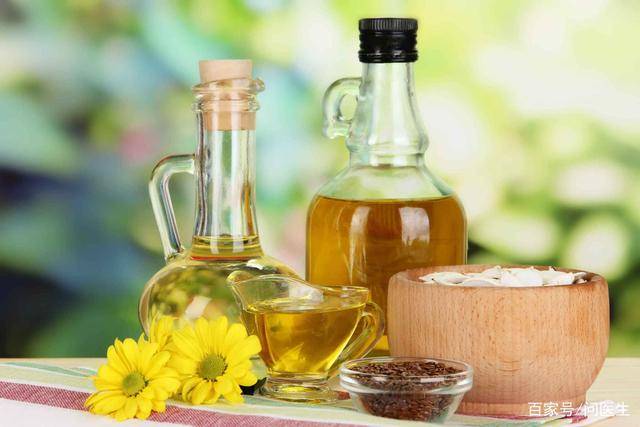Edible oil is a necessary ingredient for cooking in every household, as it can enhance the flavor of dishes. Moreover, the human body also requires the nutritional components present in edible oil.
Edible oil serves as an important source of energy and essential fatty acids for the human body, providing approximately 50% of the required fatty acids.
Essential fatty acids are vital components for maintaining normal metabolism in the body, which the body cannot synthesize on its own or synthesizes too slowly to meet the body’s needs.
This necessitates supplementation through food intake. A deficiency in fatty acids can lead to nutritional imbalances, ultimately resulting in the development of chronic diseases.
However, excessive consumption of edible oil should be avoided as it poses a risk of vascular blockages. Additionally, there is a wide variety of edible oils available in the market, each with its unique characteristics, so the selection of edible oil type should be considered carefully.
To prevent blood clots, should you eat lard or vegetable oil?
1. Lard
Lard is the most consumed animal oil among the Chinese. It contains saturated fatty acids up to 43.2% and oleic acid up to 44.2%. Due to its high content of saturated fatty acids, it can be categorized as a saturated type of edible oil.
The characteristic of lard is its heat resistance, making it suitable for prolonged heating without oxidation or polymerization. It is commonly used for frying. Lard is rich in vitamins, making it suitable for individuals with high energy expenditure to consume in moderation.
However, excessive consumption of lard is not recommended due to its high content of saturated fatty acids, making it a high-energy, high-fat edible oil. Overconsumption can lead to obesity, high blood pressure, hyperlipidemia, diabetes, atherosclerosis, coronary heart disease, and stroke.
2. Vegetable Oil
Vegetable oils contain a higher proportion of unsaturated fats, which helps prevent fat deposition on the inner walls of blood vessels, thereby inhibiting the formation and progression of atherosclerosis, contributing to the prevention of vascular blockages.
However, vegetable oils have the drawback of being less heat-resistant. Prolonged exposure to high temperatures can result in the production of trans fatty acids, posing certain health risks. Compared to vegetable oil, lard is more heat-resistant and less likely to produce trans fatty acids.
Both animal and vegetable oils have their respective advantages and disadvantages, but for individuals with cardiovascular diseases, it is recommended to consume vegetable oil.
Individuals with cardiovascular diseases primarily suffer from atherosclerosis, where lipid substances accumulate in blood vessels. Continuous consumption of lard exacerbates the occurrence of vascular blockages in such circumstances.
Choose your edible oil wisely to prevent vascular blockages!
To prevent further progression of atherosclerosis, vascular blockages, and blood clot formation, opt for edible oils with high unsaturated fatty acid content and low saturated fatty acid content.
For instance, camellia oil contains 89.9% unsaturated fatty acids and only 10.1% saturated fatty acids. Flaxseed oil has a high content of unsaturated fatty acids at 90.3% and a low content of saturated fatty acids at 8.5%.
When stir-frying dishes, you can use peanut oil, soybean oil, camellia oil, corn oil, etc. For cold dishes, olive oil and flaxseed oil are suitable choices.
When purchasing edible oil, pay attention to the nutritional components, especially the fat and vitamin E content, as higher levels indicate better nutrition. Also, check the cholesterol and sodium content, which ideally should be low or zero.
However, it is advisable not to stick to just one type of edible oil. You can mix different types of edible oils for consumption since each vegetable oil has different nutritional characteristics.
Consuming a mix of various vegetable oils allows for the absorption of different fatty acids and nutrients, promoting overall health. Moreover, ensure that daily edible oil intake does not exceed 30 grams.


